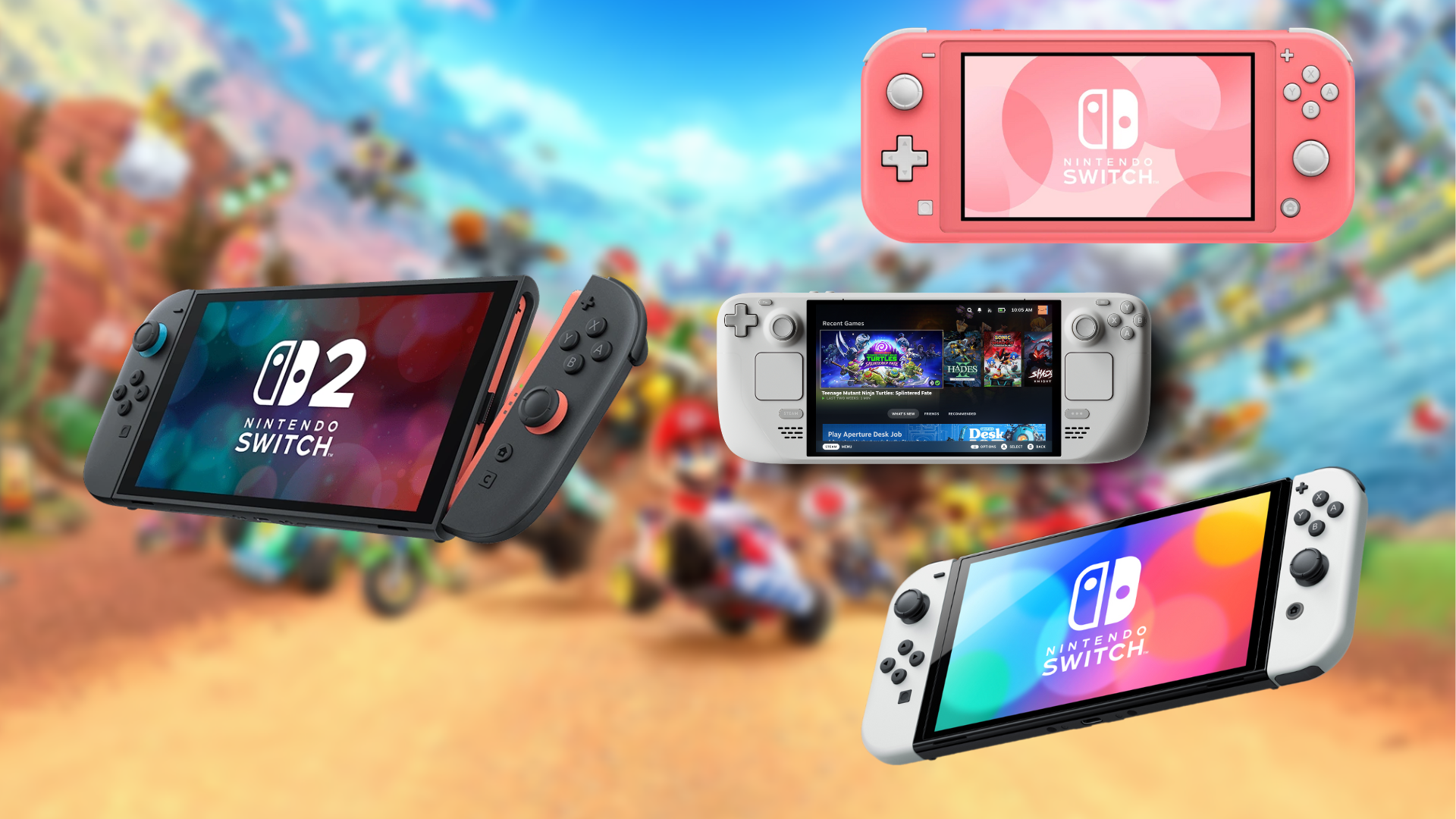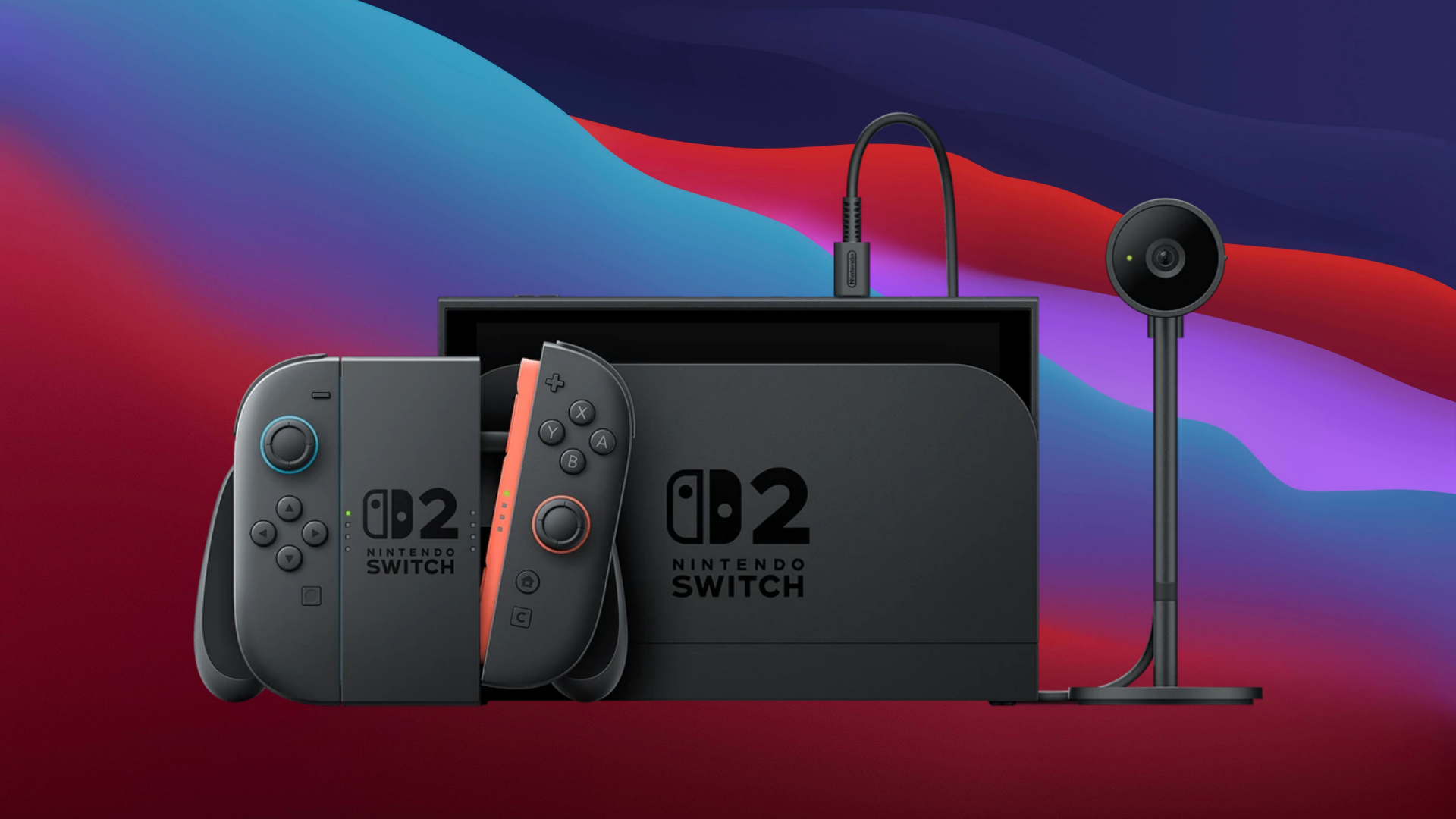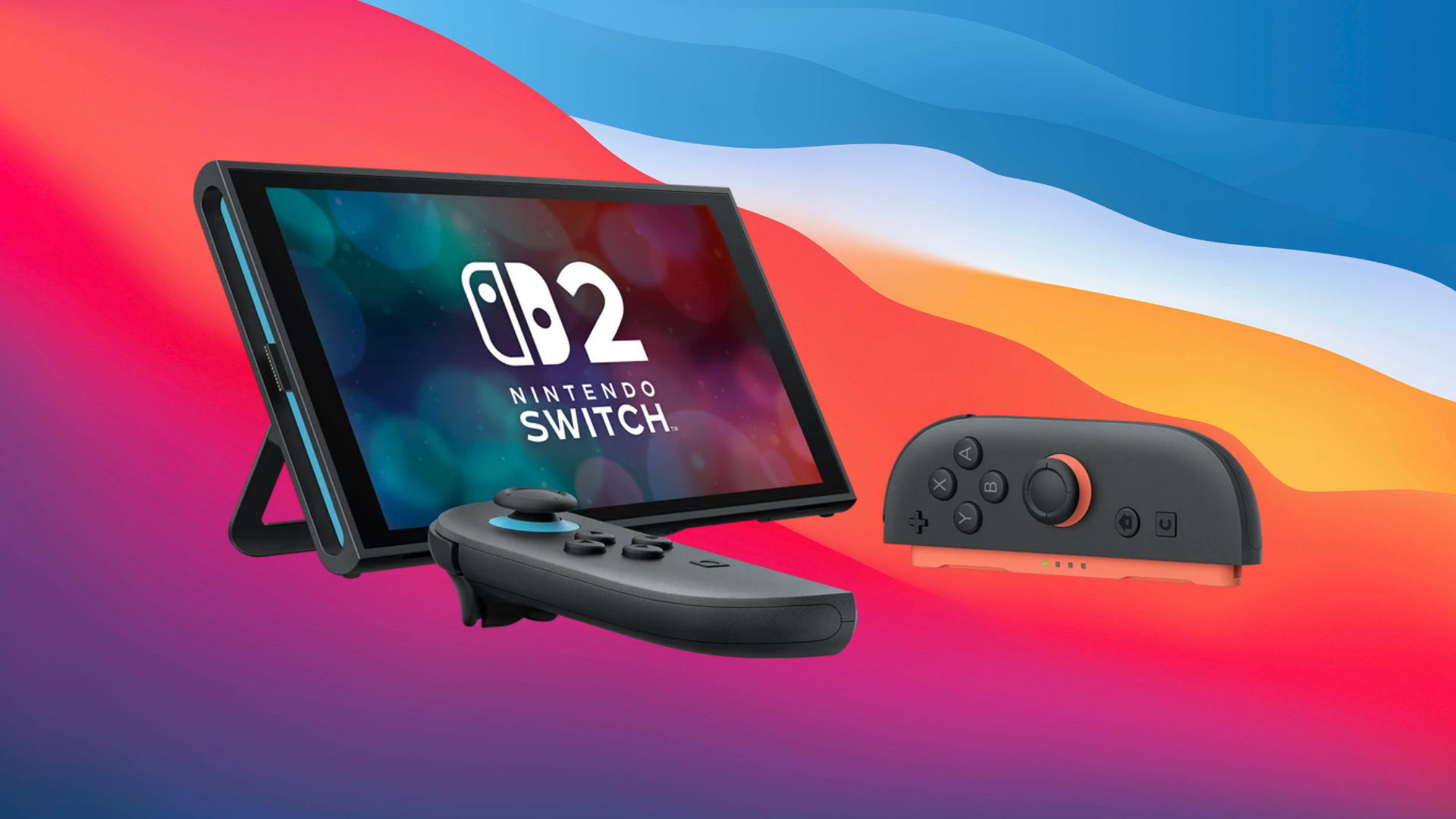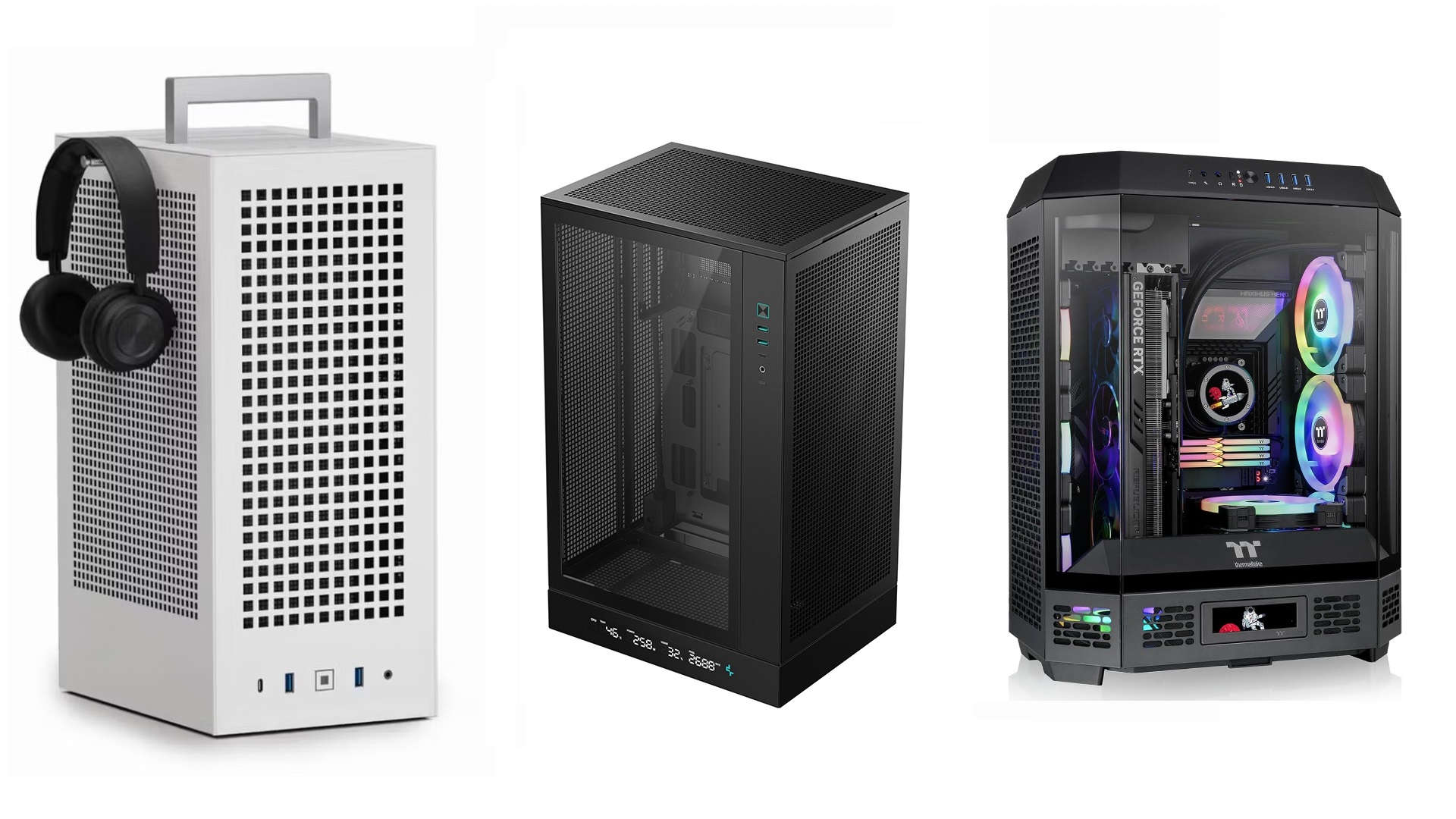Technical comparison of Nintendo Switch 2 battery life vs. Switch OLED, Lite, and Steam Deck, detailing performance and usage impact.

The popularity of handheld consoles has been on the rise, as observed through recent trends. The Nintendo Switch 2 is the latest among several capable consoles. Nintendo made the Switch 2 available for purchase on June 5th, 2025.
With this console, fans of Nintendo titles can experience new ones and the classics in new ways. As expected, the console caught the eye of several gamers. However, it pays to be well-informed. Knowing how the Switch 2 stacks up against some other popular handhelds can contribute to your decision-making.
In this post, we will specifically explore the battery life of the Switch 2. Well then, let’s get started on the battery life comparison between Nintendo Switch 2, Switch OLED, Switch Lite, and Steam Deck.
Device Specifications and Battery Life

Estimating the battery life of these devices is easier said than done. The reason for this difficulty is that their power consumption varies based on certain factors. These factors range from game intensity and system settings to usage profiles.
That said, the Nintendo Switch does have the upper hand here. It is fitted with a larger 5220 mAh lithium-ion battery. On the other hand, its predecessors mostly sport a 4310 mAh battery. But if you look at it from a different angle, this advantage might not make much of a difference.
The Switch 2 dishes out more performance and has several advanced features to boost frame rates. It also has additional functionalities, such as Mouse Mode. These upgrades certainly require more power to deliver the desired results. Thus, we can roughly estimate playtime ranges from about 2 to 6.5 hours.
Switch 2 Battery Life Comparison

The table below compares the battery performance estimates of Switch 2, its predecessors, and the Steam Deck variants. Keep in mind that these estimates are highly contingent on multiple factors. These factors include which game is being played, brightness and other settings.
| Device | Estimated Battery Life | Notes |
|---|---|---|
| Nintendo Switch 2 | 2 to 6.5 hours | Battery drain varies with game intensity and device settings |
| Nintendo Switch (Standard) | 2.5 to 6.5 hours | Example: The Legend of Zelda: Breath of the Wild offers roughly 3 hours |
| Nintendo Switch OLED | Approximately 4.5 to 9 hours | Real-world usage shows better endurance on less demanding games |
| Nintendo Switch Lite | Approximately 3 to 7 hours | Battery performance sways with the game profile |
| Steam Deck (LCD) | Approximately 2 to 9 hours | Wide variability due to the diverse range of PC-centric games |
| Steam Deck (OLED) | Estimated 3 to 12 hours | Up to 30-50% improvement under power-saving conditions |
Nintendo Switch 2 Vs. Previous Models Analysis
Despite its larger battery, the extra features on the Switch 2 may lead to shorter battery life when the console is used intensively. In most cases, the battery life is longer on standard and OLED versions for light activities, whereas the Switch Lite provides a moderate experience.
Steam Deck Battery Considerations
The Steam Deck has a range of battery life, with its regular LCD model lasting from 2 to 9 hours and its OLED model offering as many as 12 hours of battery life. You can save your battery by turning down the frame rate and choosing power-saving options on both systems.
We provide the latest news and “How To’s” for Tech content. Meanwhile, you can check out the following articles related to PC GPUs, CPU and GPU comparisons, mobile phones, and more:
- 5 Best Air Coolers for CPUs in 2025
- ASUS TUF Gaming F16 Release Date, Specifications, Price, and More
- iPhone 16e vs iPhone SE (3rd Gen): Which One To Buy in 2025?
- Powerbeats Pro 2 vs AirPods Pro 2: Which One To Get in 2025
- RTX 5070 Ti vs. RTX 4070 Super: Specs, Price and More Compared
- Windows 11: How To Disable Lock Screen Widgets
 Reddit
Reddit
 Email
Email


